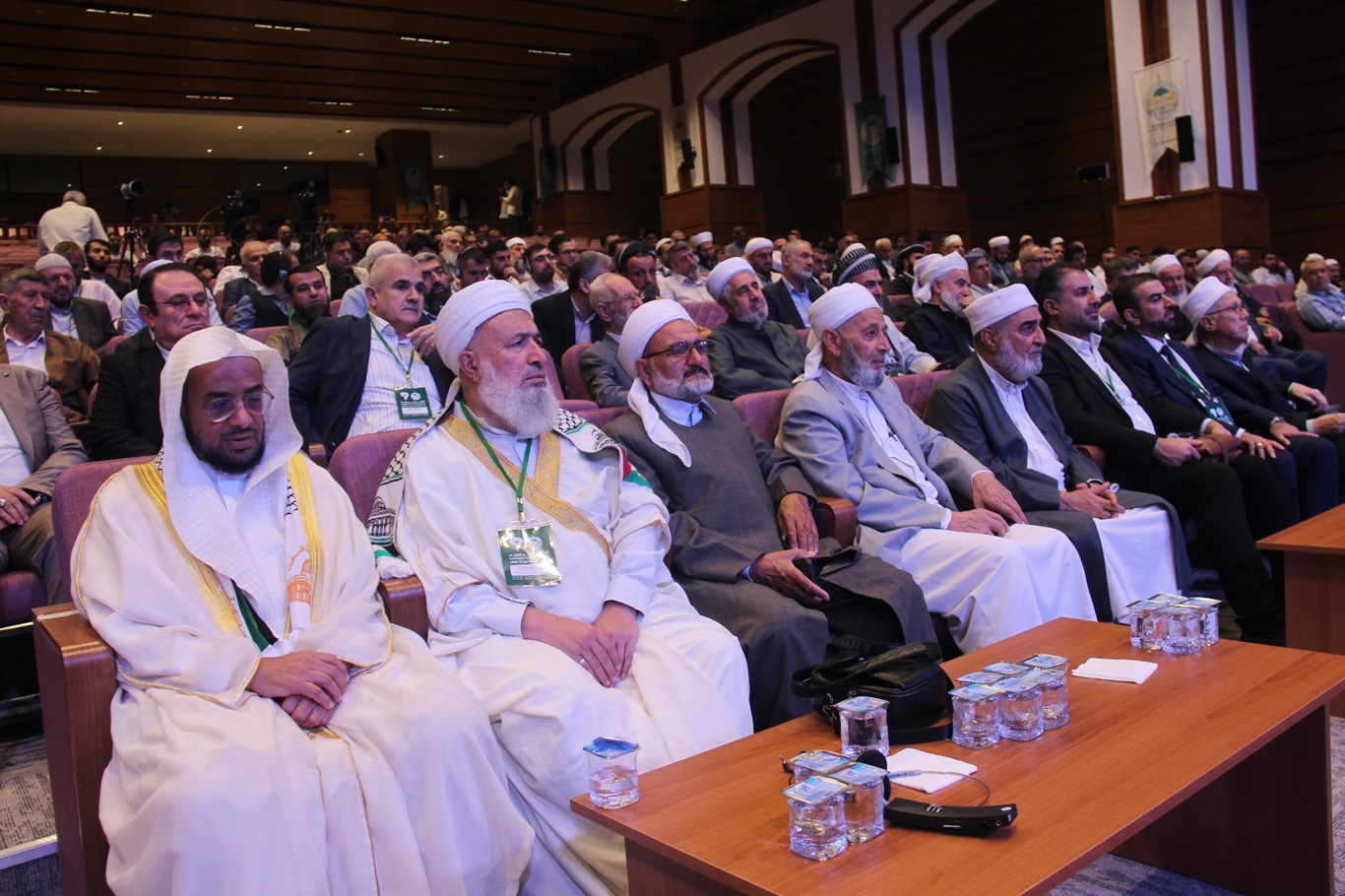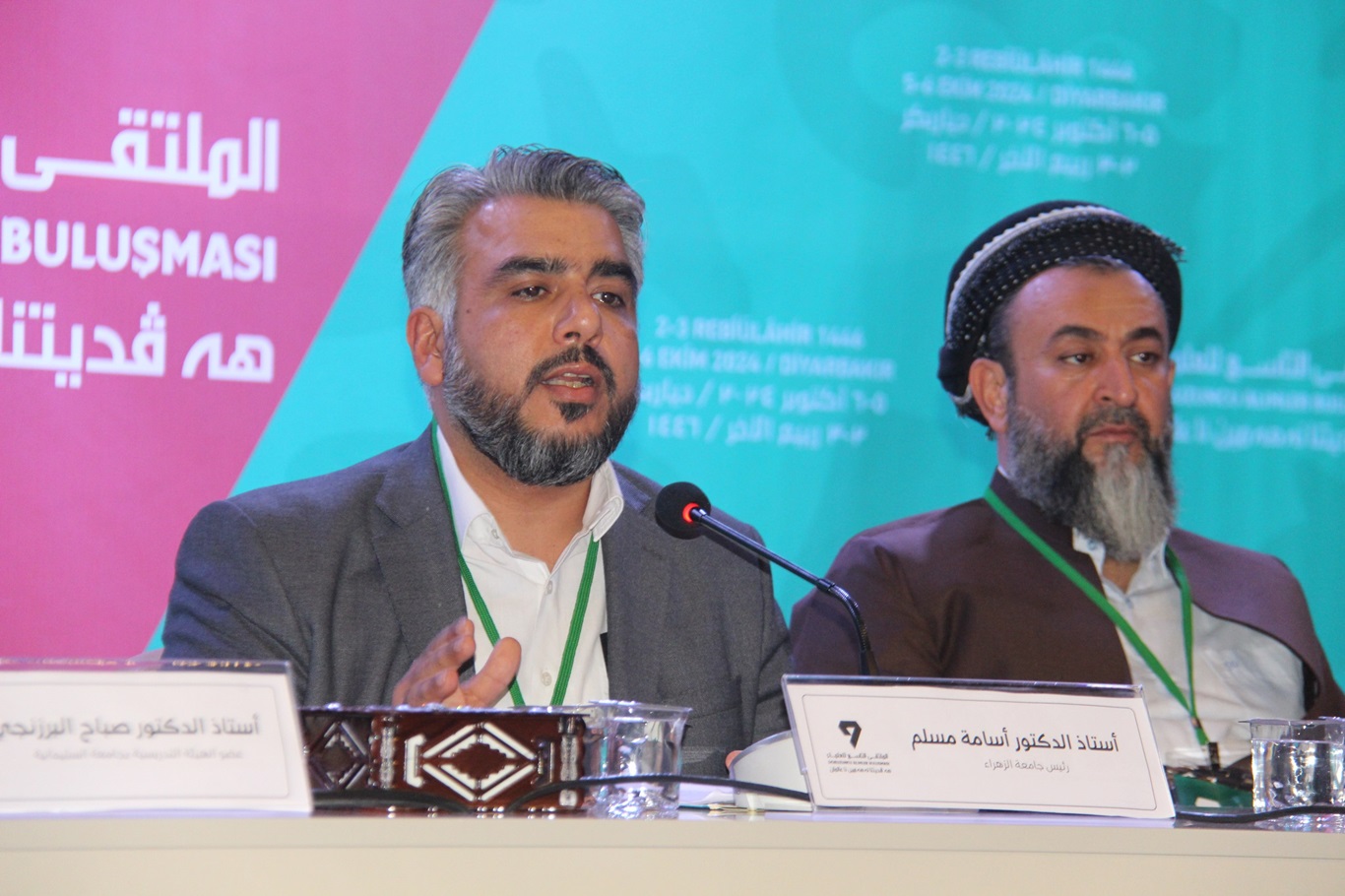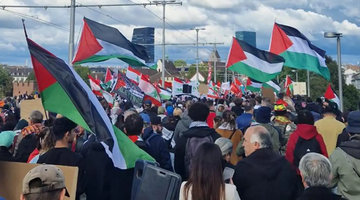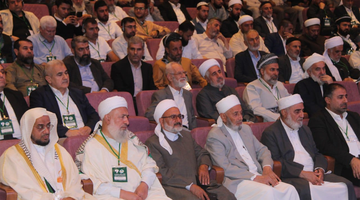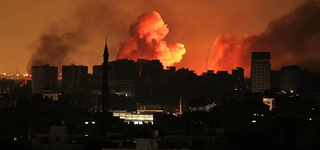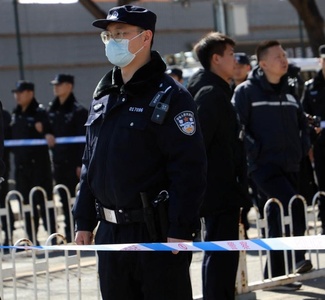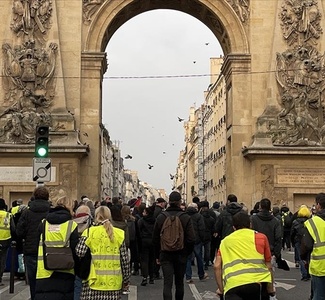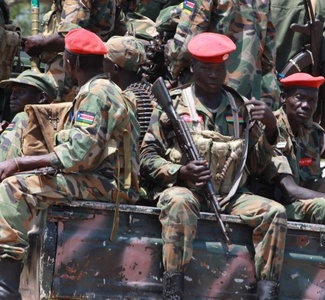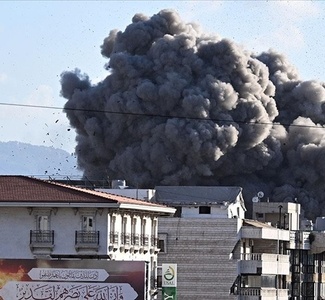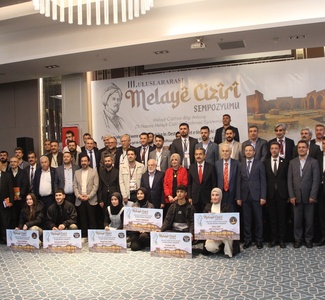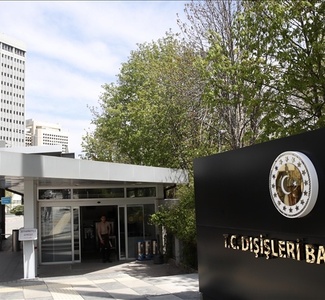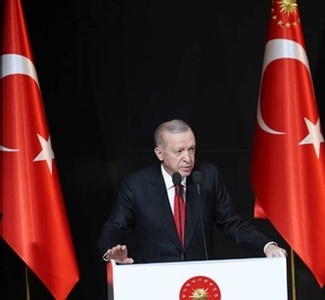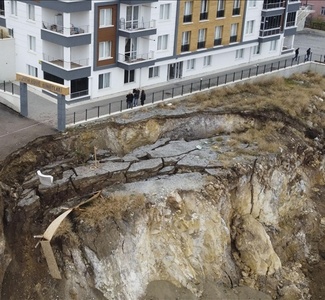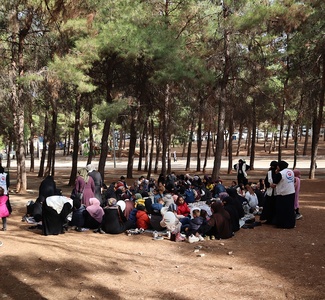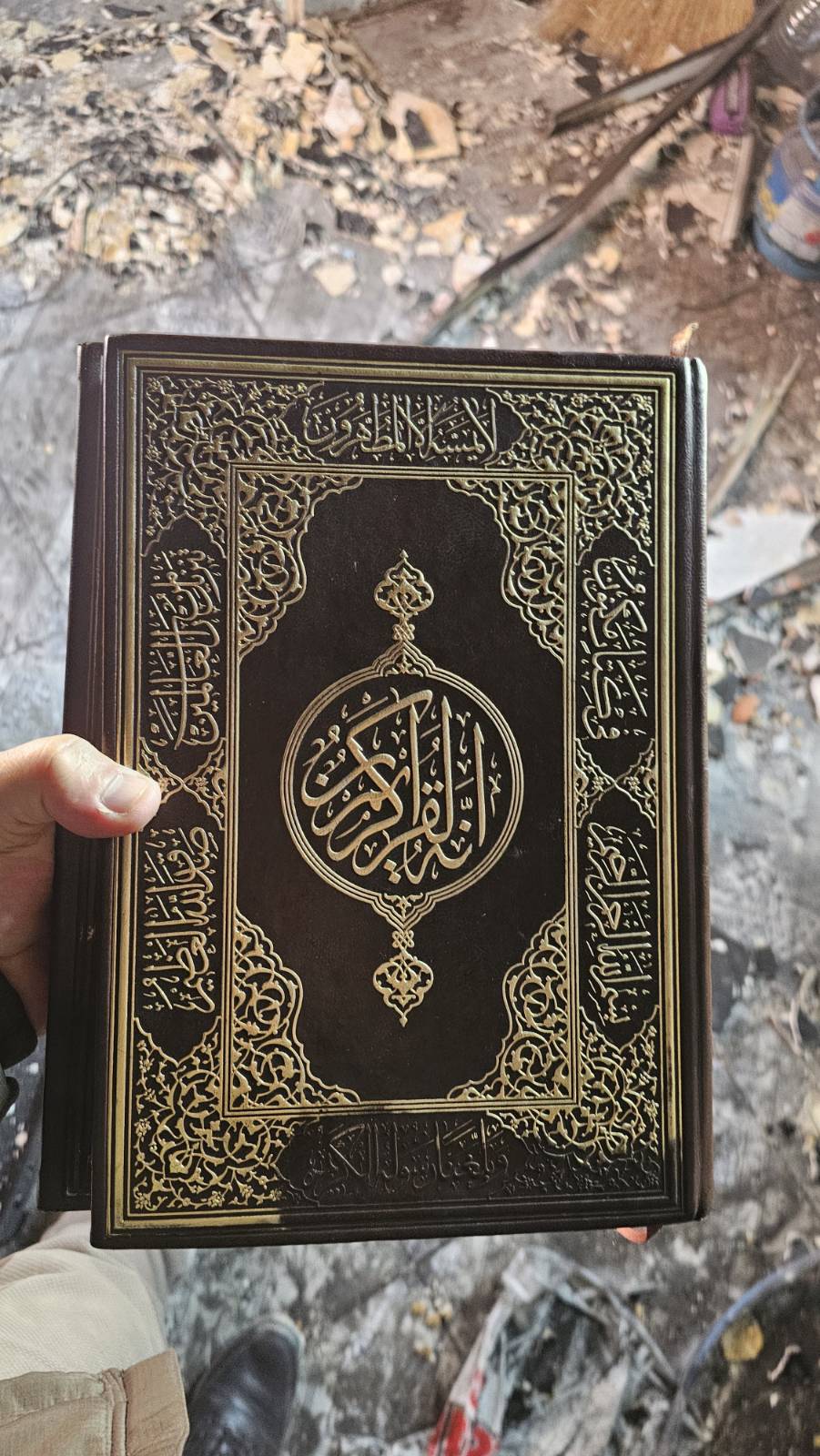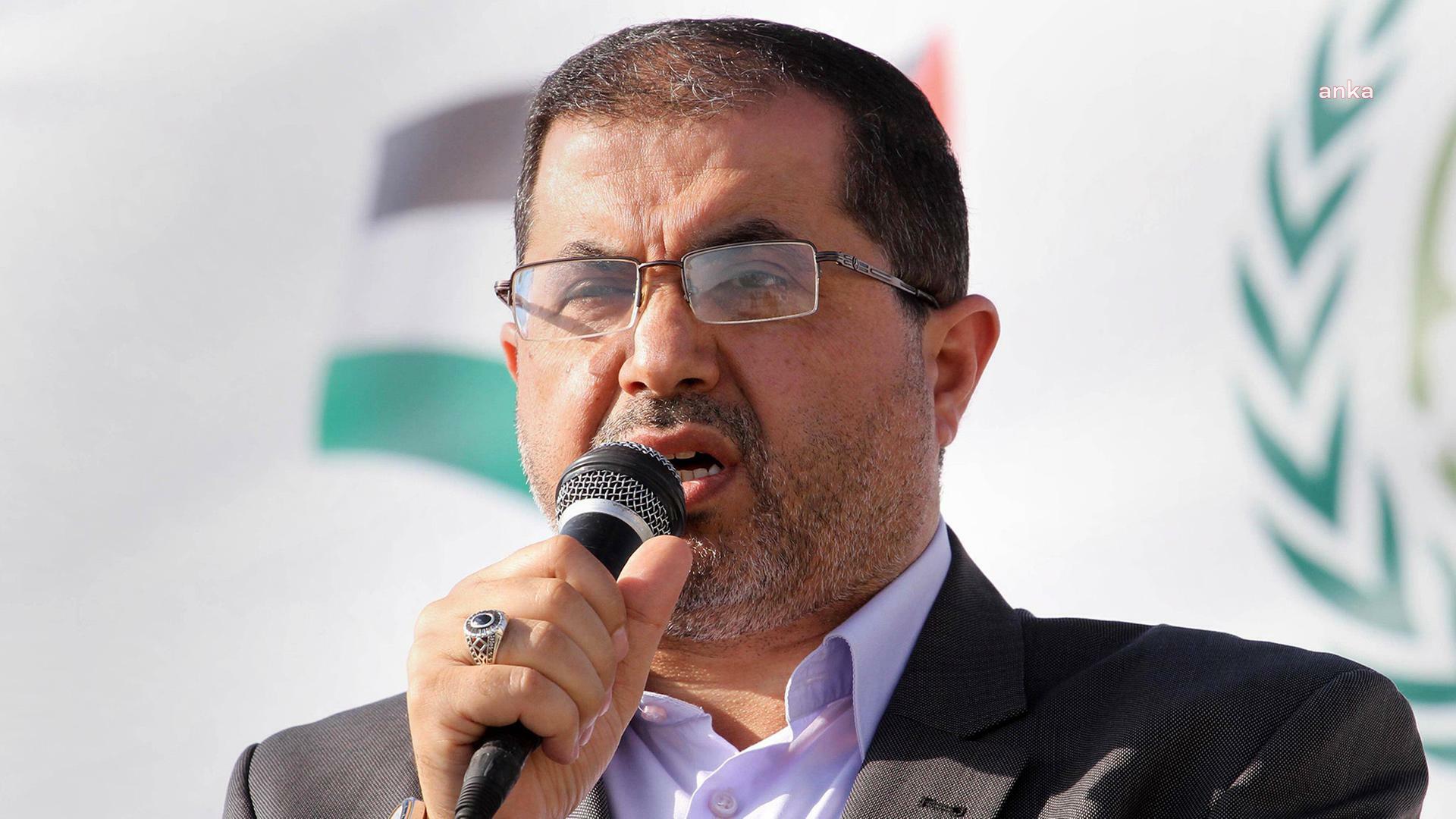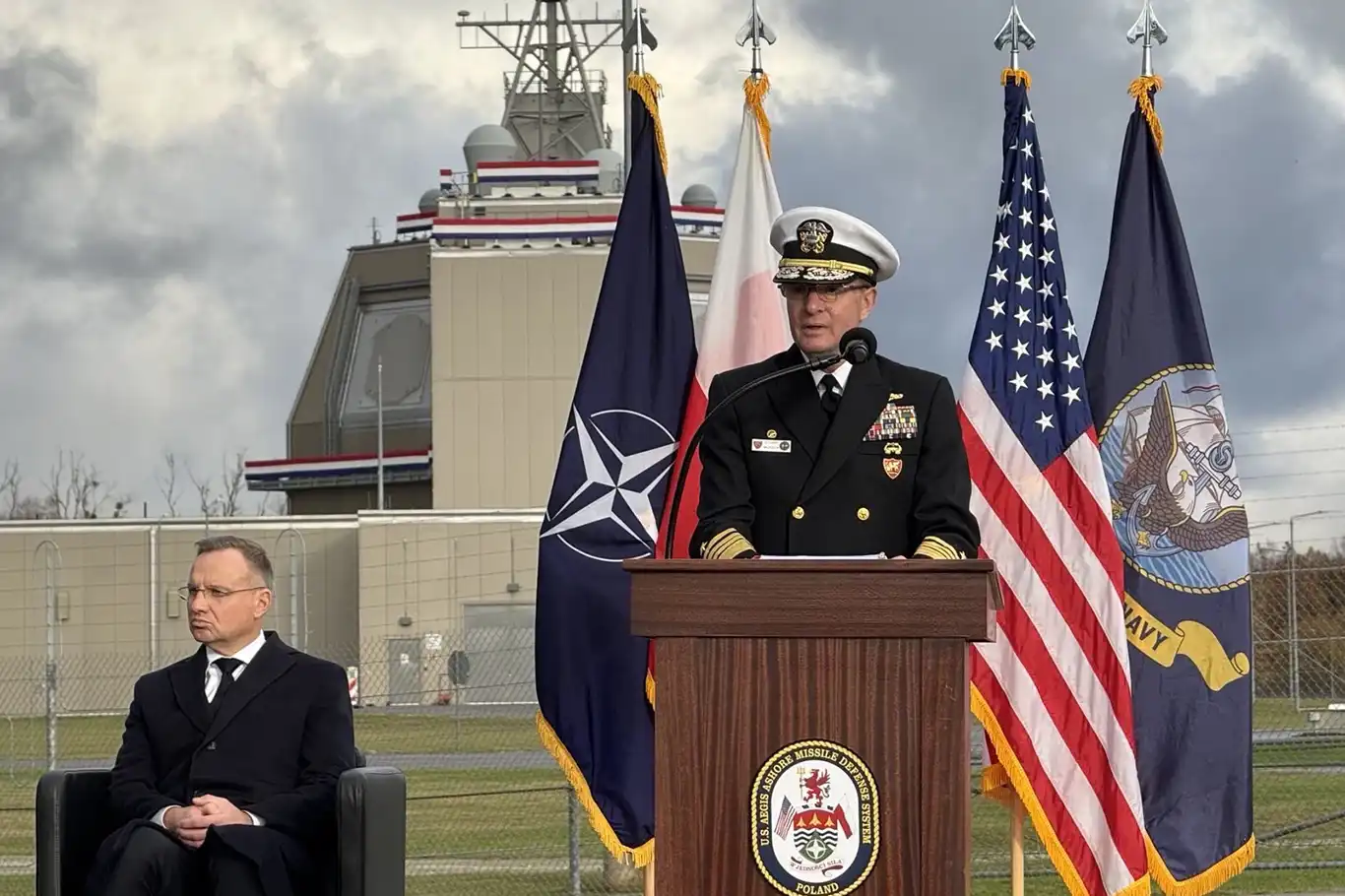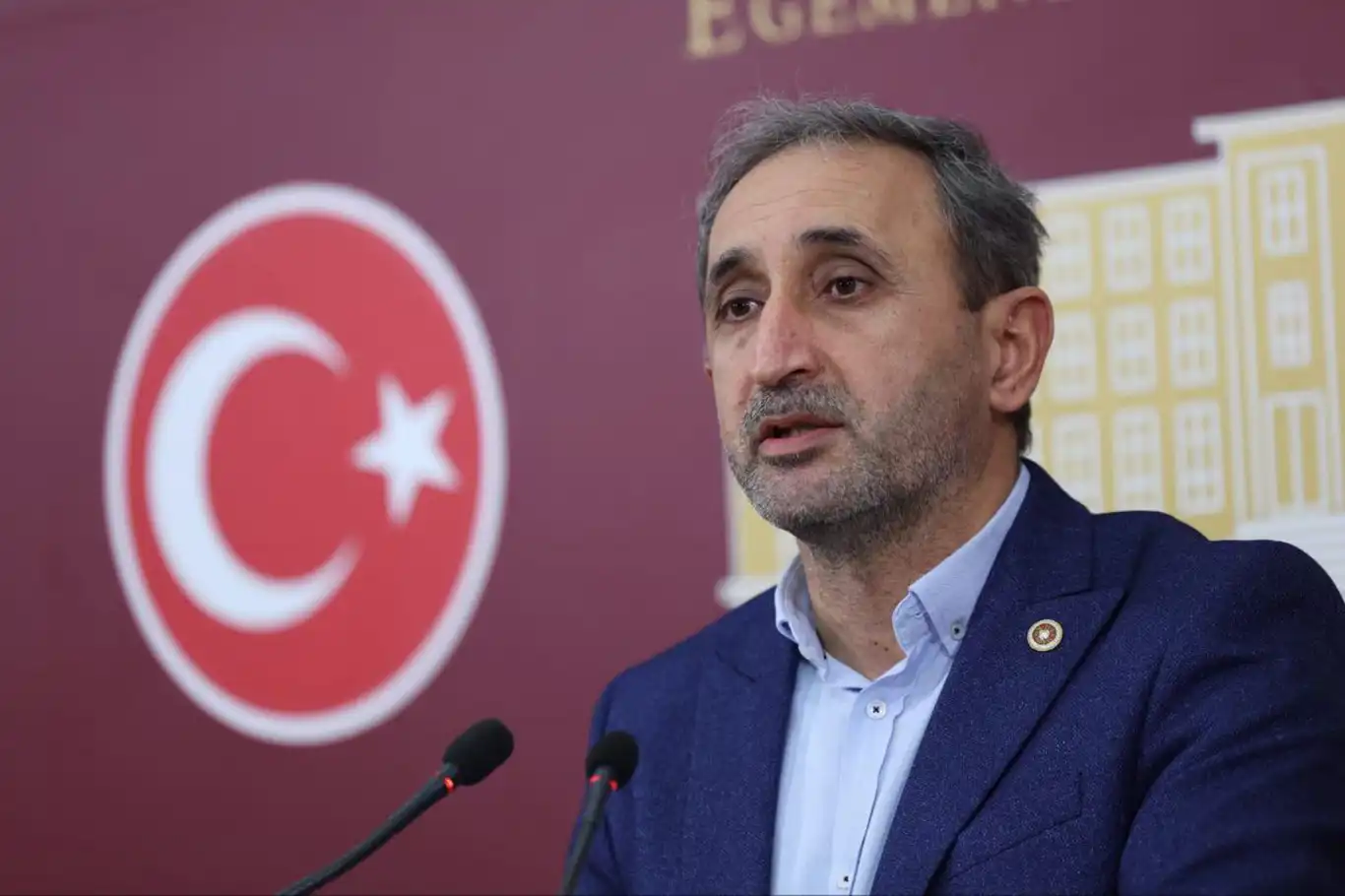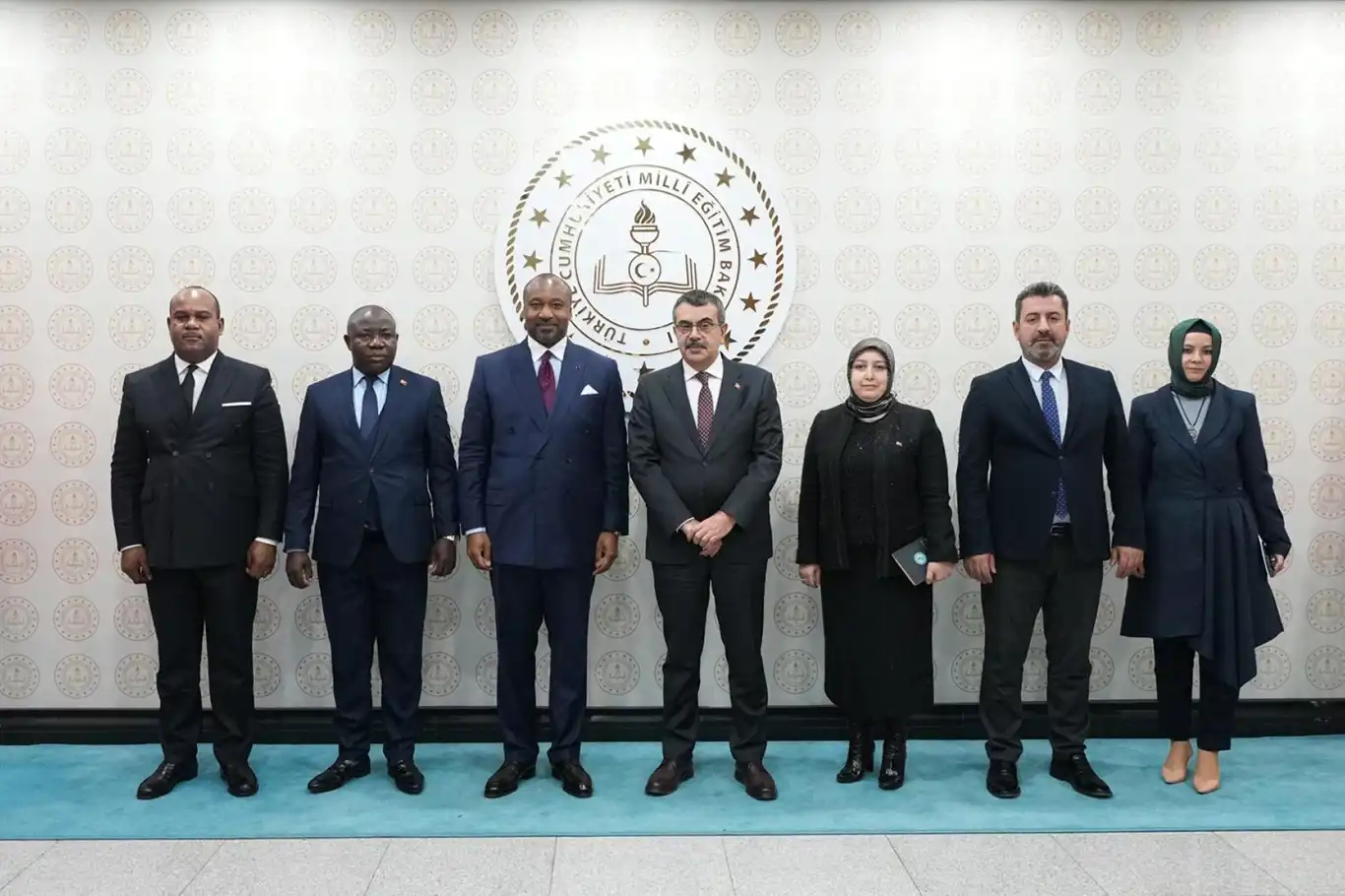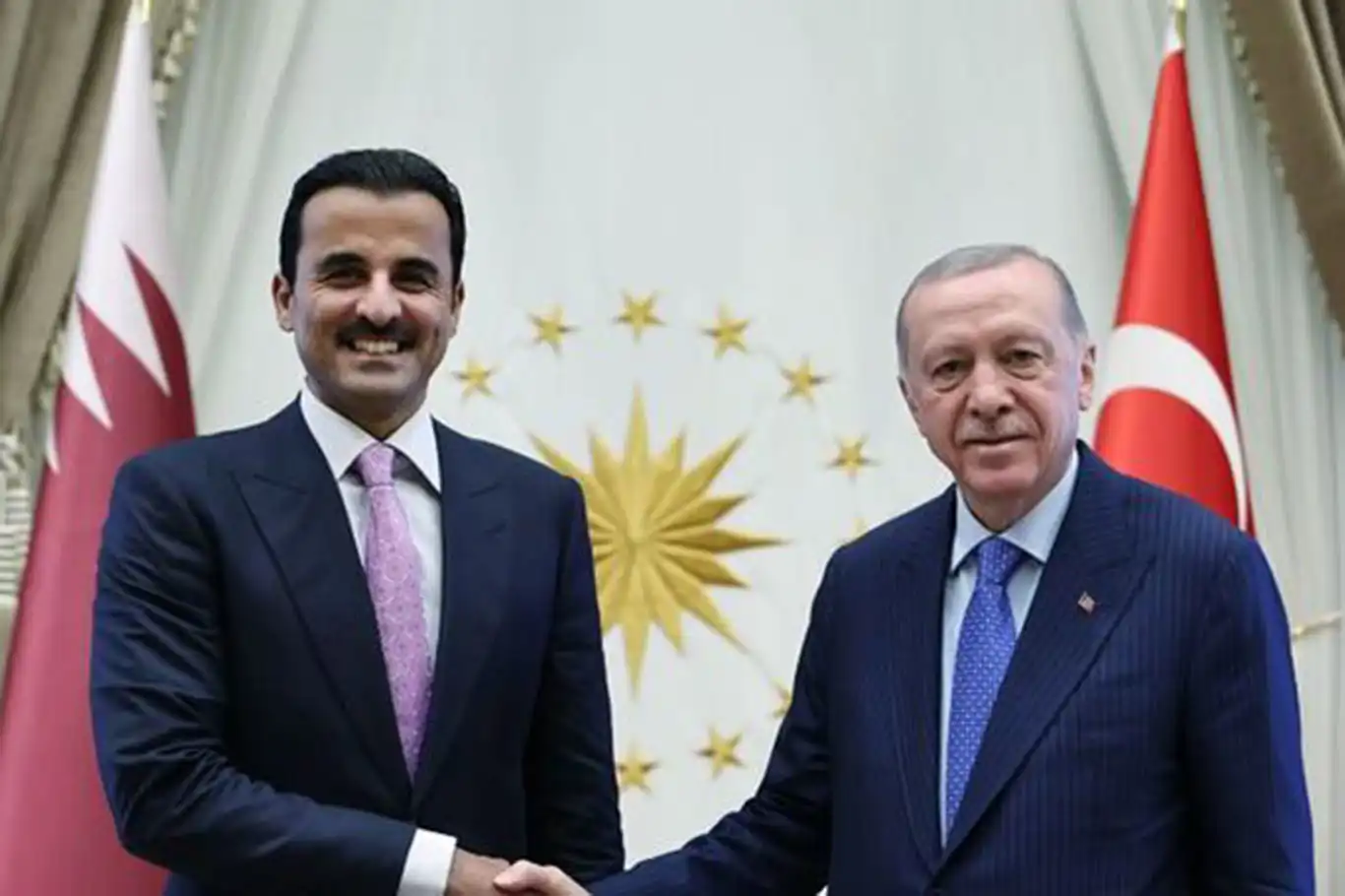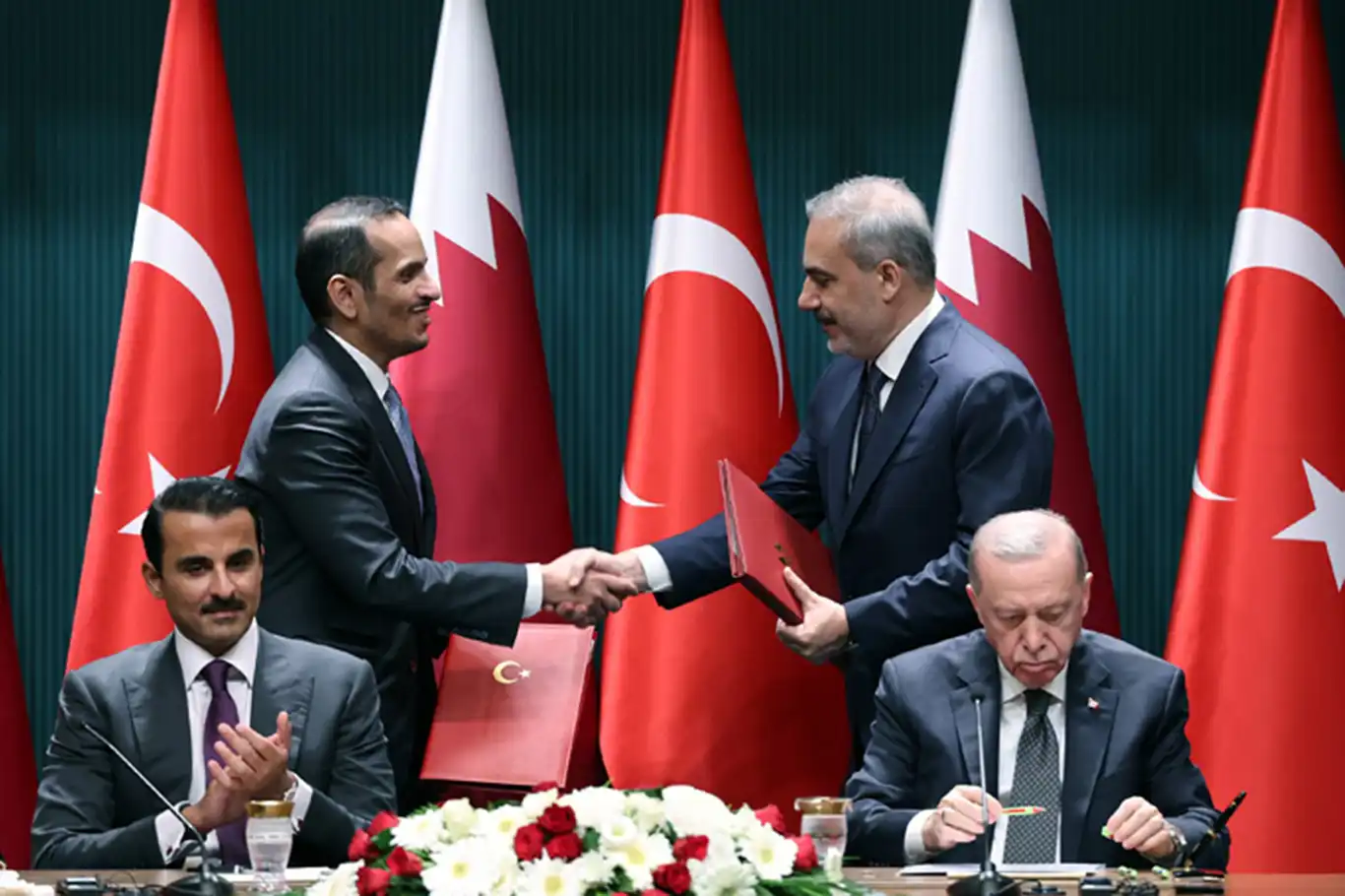Osama Muslim: Jerusalem's conquest is a spiritual and religious mission for Muslims
The Union of Scholars and Madrassas (ITTIHADUL ULEMA) convened its 9th "Gathering of Scholars" in Diyarbakır, Türkiye, drawing the participation of distinguished Islamic scholars from various countries, including Iraq, Palestine, Egypt, Afghanistan, Saudi Arabia, and beyond.
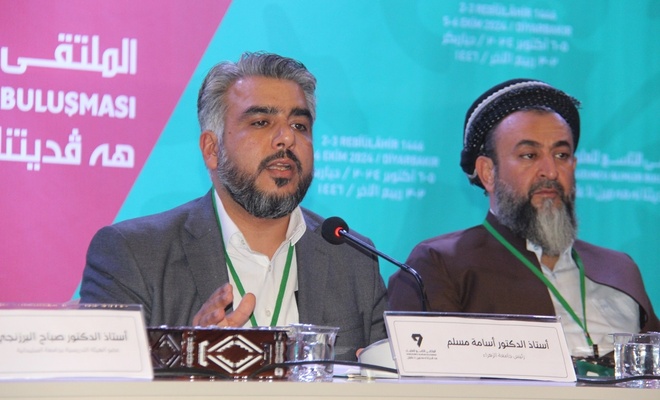
 Google News'te Doğruhaber'e abone olun.
Google News'te Doğruhaber'e abone olun. The central theme of the event was “The Aqsa Flood, the Ummah, and the Ulema's Responsibility: Gaza, the Honor of the Ummah,” underscoring the critical situation in Gaza and the religious, political, and strategic importance of Al Quds in the Islamic faith.
The gathering highlighted the ongoing struggle of Palestinians, particularly in Gaza, in light of recent events, reflecting on the responsibilities of the global Islamic community—Ummah—in the face of these challenges. On the second day of the conference, one of the central presentations was delivered by Prof. Dr. Osama Muslim from Syrian Kurdistan. His lecture, “The Israeli-Palestinian Conflict: A Struggle of Faith, Not Land,” offered a deep dive into the spiritual and historical significance of Al Quds for Muslims and reinforced the importance of the city in Islamic eschatology and theology.
Prof. Muslim emphasized that Al Quds (Jerusalem) is not just a political issue for Muslims but a profound spiritual symbol. He reminded the audience that Masjid al-Aqsa, located in Al Quds, was the first qibla (the direction Muslims face during prayer) of Prophet Muhammad for 14 years before being instructed by divine command to face the Ka'bah in Mecca. This initial qibla linked the early Muslim community to Al Quds, establishing a deep connection that goes beyond territorial claims.
Prof. Muslim explained that the Prophet’s early prayers facing Al Quds were a divine act meant to cement the spiritual bond between Muslims and the holy city, making it central to their collective religious consciousness. He also highlighted the miraculous journey of Isra and Miraj, during which the Prophet Muhammad traveled from Mecca to Al Quds in one night, then ascended to the heavens. This event, according to Muslim, elevated the significance of the city to the Islamic faith, serving as a symbol of unity and the recognition of Prophet Muhammad as the final messenger for all of humanity.
The presentation further explored Prophet Muhammad’s long-term strategy for the eventual liberation of Al Quds. Prof. Muslim emphasized that the Prophet’s plan was not merely military but also deeply spiritual and pragmatic. He discussed the two phases of this strategy: preparation and infrastructure building. Muslim referred to Quranic verses and hadiths that implicitly and explicitly mention the significance and blessings of Al Quds, which reinforced the early Muslim connection to the city.
One significant point raised was the Prophet’s allocation of lands around Al Quds, a move that symbolized his authority over the area, even though it was not under Muslim control at the time. Prof. Muslim explained that this allocation was a deliberate step to solidify Muslim claims to the region and prepare for its future conquest. Additionally, diplomatic efforts, such as letters to Heracles and other leaders, were highlighted as part of the Prophet’s broader strategy to prepare the groundwork for liberating the city.
Military campaigns initiated by the Prophet, including the Khaybar campaign, the Battle of Mute, and the Tabuk expedition, were cited as precursors to future efforts to secure Al Quds. These efforts, while not immediately aimed at capturing the city, laid the foundation for later Islamic conquests that would secure it during the reign of the second Caliph, Hazrat Umar.
Prof. Muslim concluded his lecture by linking the historical struggle for Al Quds to the current situation in Gaza, noting the ongoing efforts of groups like HAMAS in resisting Israeli occupation. He stated that HAMAS’ resistance is a continuation of the path laid out by the Prophet Muhammad, especially in the face of global capitulation and betrayal by many Islamic leaders. He praised HAMAS’ resolve as a reflection of sincere faith and dedication to the liberation of Palestine and Al Quds, despite overwhelming odds.
He also stressed that the connection between the Muslim Ummah and Al Quds remains as vital today as it was in the early days of Islam. The ongoing plight of Palestinians, particularly in Gaza, was framed as a moral and religious call for all Muslims to act, reinforcing the need for unity, solidarity, and strategic action to protect one of Islam’s holiest sites.
The 9th Gathering of Scholars in Diyarbakır served as a reminder of the profound spiritual and historical connection between the Muslim Ummah and Al Quds. Prof. Muslim’s presentation illuminated the Prophet Muhammad’s strategic vision for the city, combining religious devotion with practical steps toward its eventual liberation. The scholars gathered at the event reiterated that Al Quds remains a central issue for Muslims worldwide, calling for unified efforts to address the ongoing crisis in Palestine and urging Islamic leaders to uphold their responsibilities toward protecting the honor of Al-Quds and the Ummah as a whole. (ILKHA)
